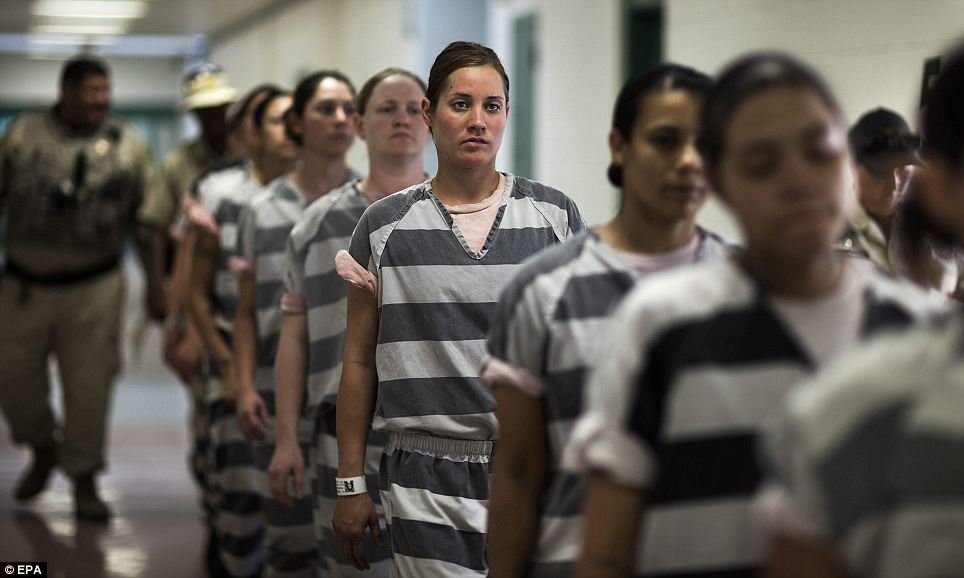Unseen Struggles: The Overlooked Impact of Post-Incarceration Syndrome on Women
The challenges faced by individuals after incarceration are vast and complex, with reintegration into society presenting numerous hurdles. While the effects of post-incarceration syndrome (PICS) have not been extensively studied in general, the specific impact on women often goes unnoticed. PICS is a set of symptoms that individuals may experience after being released from incarceration, encompassing psychological, emotional, and social difficulties.
A Strange Disruption to Trauma
I will never forget the moments that lead up to December 17, 2019: Transfer Day. I was having an issue with a correctional officer (CO) being disrespectful of my religious observance, my Shabbat prayers every Friday in the children’s center up near security
PICS : Post Incarceration Syndrome
Connected to PTSD, Post-Incarceration Syndrome (PICS) delineates a cluster of symptoms manifesting when an individual undergoes imprisonment. Within these settings, individuals encounter persistent, daily trauma marked by violence, degradation, and the deprivation of fundamental needs. PICS, experienced by both those who have survived incarceration and those still within its confines, contributes to a range of issues such as depression, anxiety, relapses in drug and mental health, violence, poverty, and the likelihood of recriminalization.
PICS, can we really spot the behaviors?
The collective is speaking to Post Incarceration Syndrome, known as PICS, but can we really speak to it? For those who are involved in the Reentry space, and those who are previously incarcerated and those who are sympathizers, the question remains, can we really spot PICS and then actively intervene?



